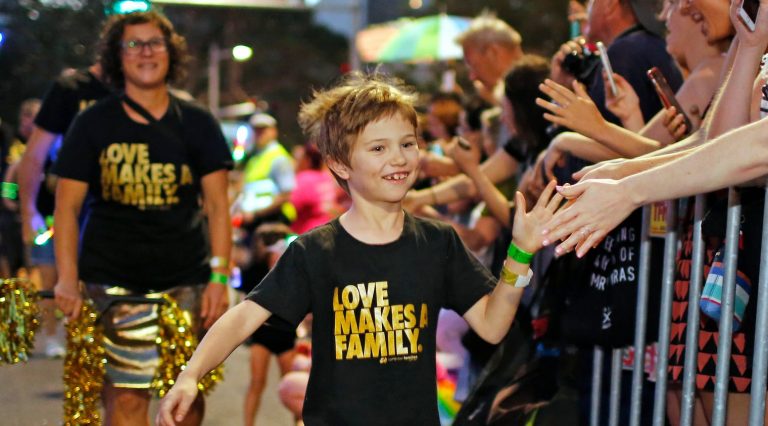
Centrelink changes ‘still confusing’
A week out from the July 1 Centrelink reforms and gay and lesbian couples are still confused and misinformed, welfare rights groups have reported.
But two education campaigns launching this week aim to alleviate those concerns.
Both the Welfare Rights Network and ACON will launch education campaigns about the changes that will see gay couples treated as de facto partners.
An estimated 1500 people have reported their relationships, according to Centrelink figures, below the anticipated 11,000.
Welfare Rights Network president Maree O’Halloran said she was not surprised by the lack of response.
Centrelink really needs to step up its education campaign, she said. I’m not surprised by how few have declared their relationships, based on people’s calls to our centre. There’s a great deal of fear and confusion.
I’ve had a lot of older people who are in their 70s and have made retirement plans based on the fact that they were treated in this society as singles. Others are concerned the government might change, so while it might be okay to declare your relationship now, people who have been discriminated against in the past are fearful they might be the target of homophobia in the future.
The Welfare Rights Network has released a facts sheet, Declaring Your Same-Sex Relationship to Centrelink, outlining who may be affected, how payments could change and investigation methods used by Centrelink to determine a couple’s status.
The campaign has been endorsed by the ACON-led Community Coalition, which also took steps this week to contact Community Services Minister Jenny Macklin and Human Services Minister Chris Bowen to push for an extension of health care cards for same-sex couples and request that a series of possible scenarios for same-sex couples be published in the Social Security Guide.
Bowen responded that consultations with customers and gay and lesbian community groups about the reforms will continue into the future and from July 1 Centrelink letters, forms and publications will be updated to reflect changes to the way Centrelink recognises same-sex relationships.
ACON committed itself to informing those affected, as part of their overall law reform education campaign which will start this week.
The $350,000 campaign will seek to help people understand the effects of the changes.
The Community Coalition has established an advisory board to develop and implement education strategies, including a comprehensive website, national advertising campaigns and a series of information sessions.
Australian Coalition for Equality president Corey Irlam was appointed national campaign officer to oversee the campaign and said that it would be key to use a variety of measures to inform the community.
We need to ensure the same-sex law reform education campaign is relevant to all the states, and we’ll need to ensure there’s a range of media employed, including pod-casting, online Facebook access, Twitter messages, posters -” these will be the sort of things that the project group will discuss and start creating over the coming weeks.
info: acon.org.au/samesexlawreformor email SSLR@acon.org.au.



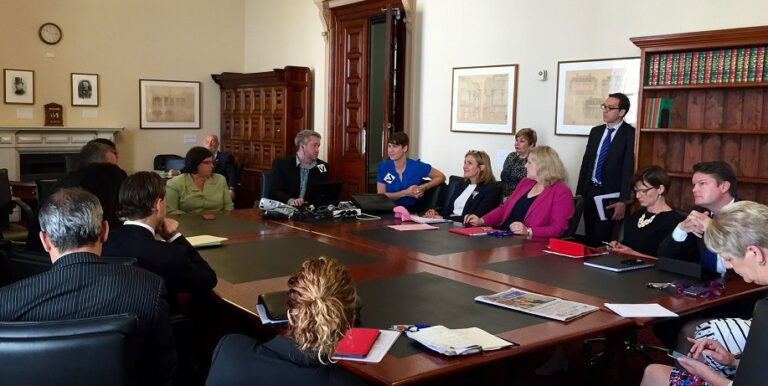

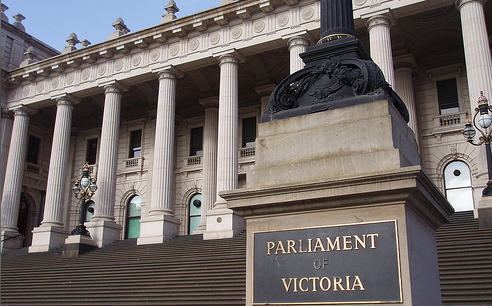
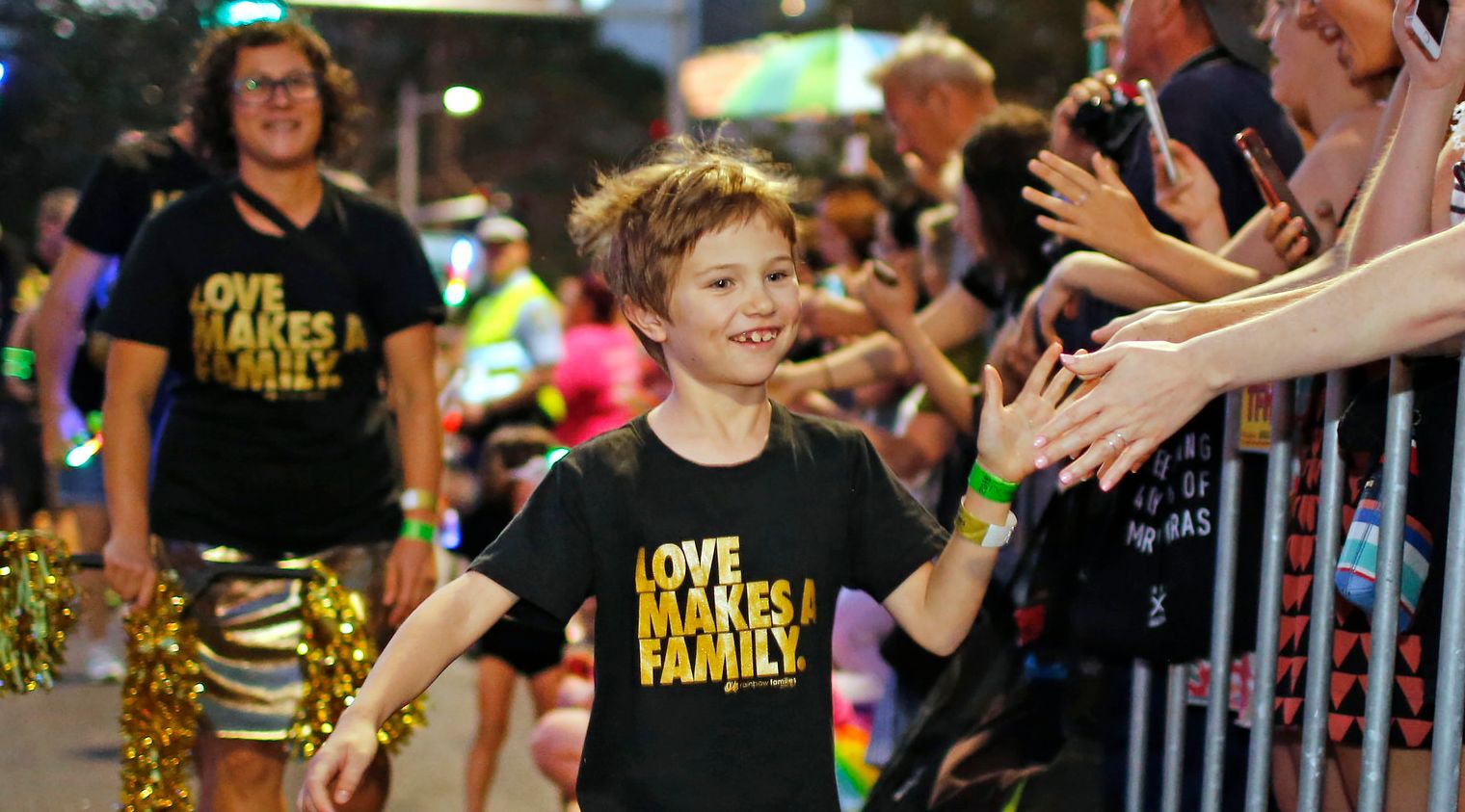



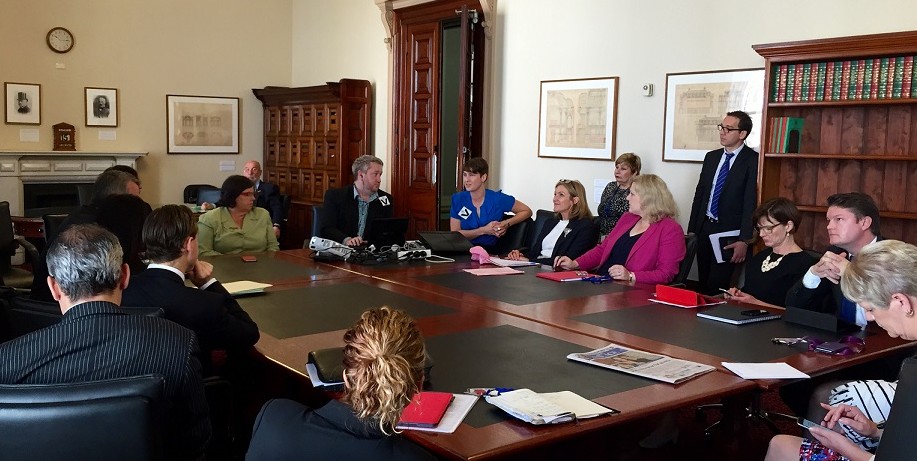
Centrelink wrong on de-facto relationships
Centrelink is wrongly accusing thousands of Australians of living in de-facto relationships and is intimidating and harassing its clients to admit to wrong-doing, in breach of its own guidelines, according to a new analysis released today by a national peak welfare advocacy body, the National Welfare Rights Network (NWRN).
Michael Raper, President on the NWRN said today: “The fundamental problem is that Centrelink is not looking closely enough at all the factors that indicate that no relationship exists. It makes judgements based on moral, not legal, grounds and often makes decisions based on flimsy information and prejudicial attitudes.
“We are representing a record number of clients in appeals against decisions to cancel or reduce their payments because of an alleged marriage-like relationship and we have assisted a number of them with complaints to the Commonwealth Ombudsman.”
“The extraordinarily high number of cases that are overturned on appeal ¬– is proof that Centrelink’s current approach is flawed and not working as it should. Last year 45 percent of the Centrelink decisions on these cases that were appealed were overturned at the Social Security Appeals Tribunal.
“The increased number of cases involving older people and carers who share rent and provide companionship and support, is extremely alarming. Centrelink has failed to come to grips with the reasons that many older people share accommodation. In many cases, considerations such as physical security, help in case of a fall and the high costs of renting alone are much more important considerations than entering into a “marriage-like relationship”. They do care for each other, but the last thing they see themselves as doing is “shacking up together”, and they get embarrassed and offended by the Centrelink investigations.
“Centrelink is also making rash decisions about separated couples with children. Increasingly, we are finding that where the non-resident parent (usually the father) tries to maintain an ongoing relationship with the children, Centrelink takes this as a sign of an ongoing de-facto relationship between the two adults and cuts the payment of one or both parents.
“Both family law and child support reforms emphasise equal roles and responsibilities for both parents in caring for their children. Yet, if they share the care, or one party provides financial assistance for their children (often in compliance with child support orders), then these factors are used by Centrelink as a sign of a marriage-like relationship.
Relationship? What relationship? Who dear? Me dear? Gay dear? No Dear!!